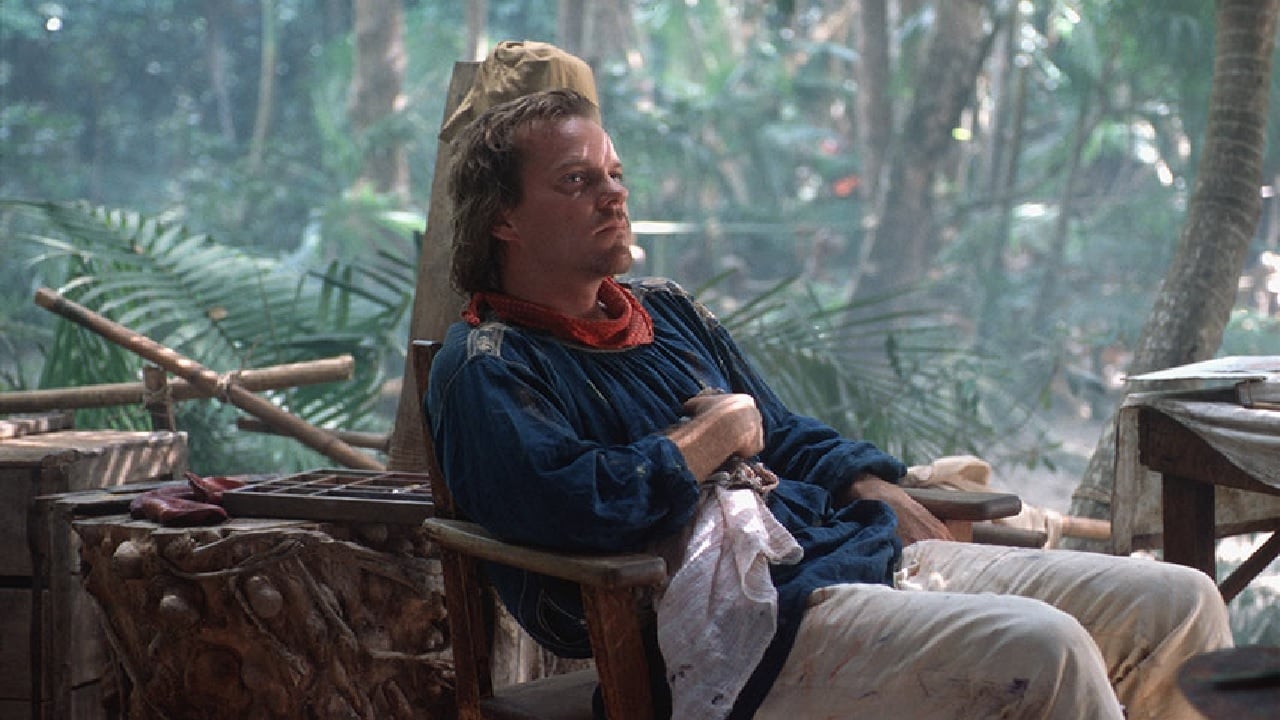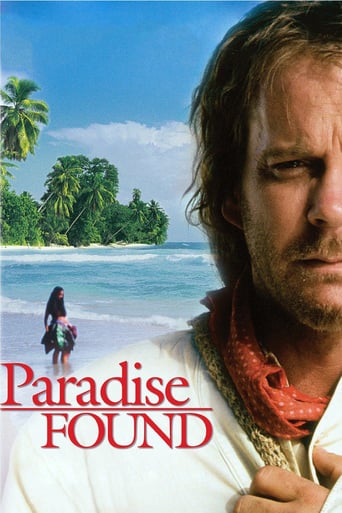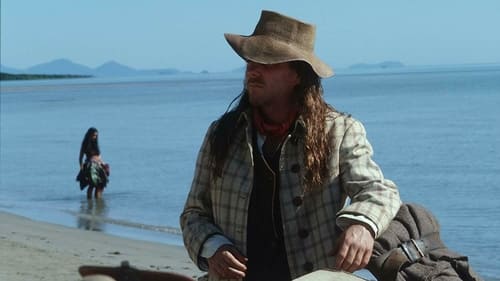


Masterful Movie
... View MoreDon't listen to the negative reviews
... View MoreThe thing I enjoyed most about the film is the fact that it doesn't shy away from being a super-sized-cliche;
... View MoreStrong acting helps the film overcome an uncertain premise and create characters that hold our attention absolutely.
... View MoreThis film, as far as I can remember, never had a commercial run here, or at least, this movie probably went to cable right after it's release in other countries. The idea of watching a biopic about Gauguin intrigued me since this painter had a turbulent career and his paintings, especially his Tahitian ones, revolutionized the art world.As it has been pointed out by other contributors to this forum, Paul Gauguin had a difficult life. He was never clearly understood by his wife, or the general public he tried to conquer. He was a passionate man who left all the comforts in order to pursue an ambition that never gave him the happiness or economic security that others attained.The screen play, not being linear, doesn't add much to the story. We are constantly taken back and forth, knowing little about the man. Paul Gauguin's family life was an unhappy one. His wife Mette never clearly understood him, nor stuck by him when he abandoned the brokerage house. Mette appears as a cold woman who never shared her husband's passion for the life he embarked.Kiefer Sutherland's interpretation of the painter can go so far; he is hindered by an uninspired screen play. As far as his struggle with the local priest, who clearly wants to take the natives' culture away from them, is only a distraction. Actually, we see very little about the passion that consumed Gauguin during his time in Tahiti as he spends very little time doing what he went there for, in the first place: painting!
... View MoreCan anyone tell me of another film on Gauguin's life? While not as passionate as Lust for Life (van Gogh), I enjoyed seeing Paradise Found, and I saved it & have watched it several times now. I wanted it to go on longer.In my 30s I painted several oils, & seeing this has inspired me to get out my brushes again. I wish more artists lives were available. William Blake, Turner, and others. PF was made by Australians, & I bet Hollywood would have changed the story line even more.
... View MoreAn absolutely dreadful rendition of Gauguin's life on Tahiti.There is no sense of his passion in a wonderful adventure in the South Seas and the real difficulties he faced.Having studied this painters life in some detail I find this biopiic unbelievably innacurate. We even have his wife Mette loving his paintings from Tahiti, which in reality she despised. There is even a scene of her at his exhibition in Paris, an event she refused to attend.She never appreciated any of his work. If a filmmaker or writer embarks on a biopic picture they need to keep the basic facts correct. The Directing and editing is very slow and not very entertaining. It is difficult to blame the actors with such a pedestrian script but I found the casting quite misguided. Gauguin must be quaking in his grave at this effort at portraying his brave and noble life in pursuit of his art.
... View More"Paradise Found" attempts to tell the story of Paul Gauguin (Sutherland) and flops. The film neither works as a biopic or a drama treating the subject only superficially, leaving gaping holes where important events belong, showing generally lackluster direction, and apparently fraught with low budgetness. Those interested in the life of Gauguin can learn more in a few minutes on the internet and those interested in a drama can easily dredge up something better on broadcast. Nonetheless, "Paradise Found" may have some value for Sutherland or Kinski fans or others who happen to surf it on broadcast as did I. (C)
... View More